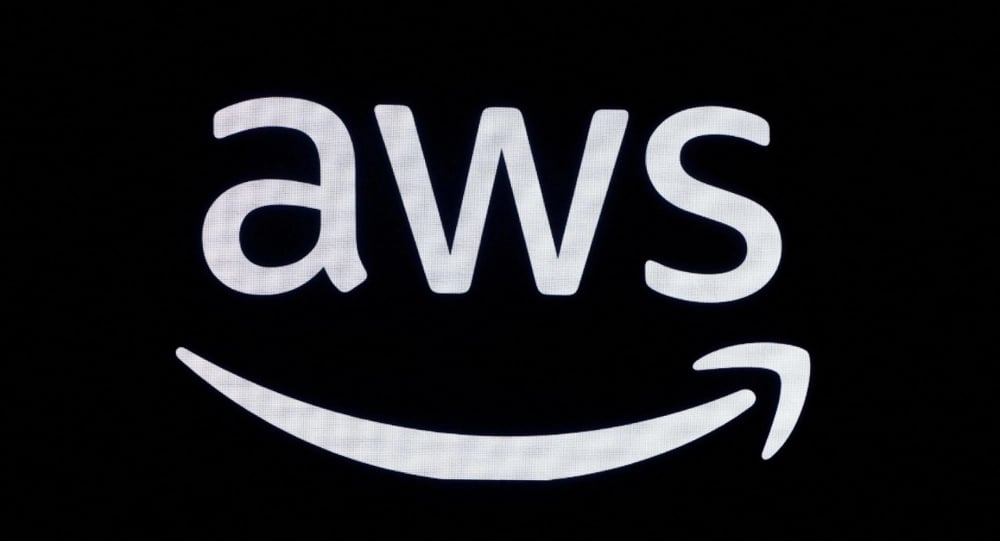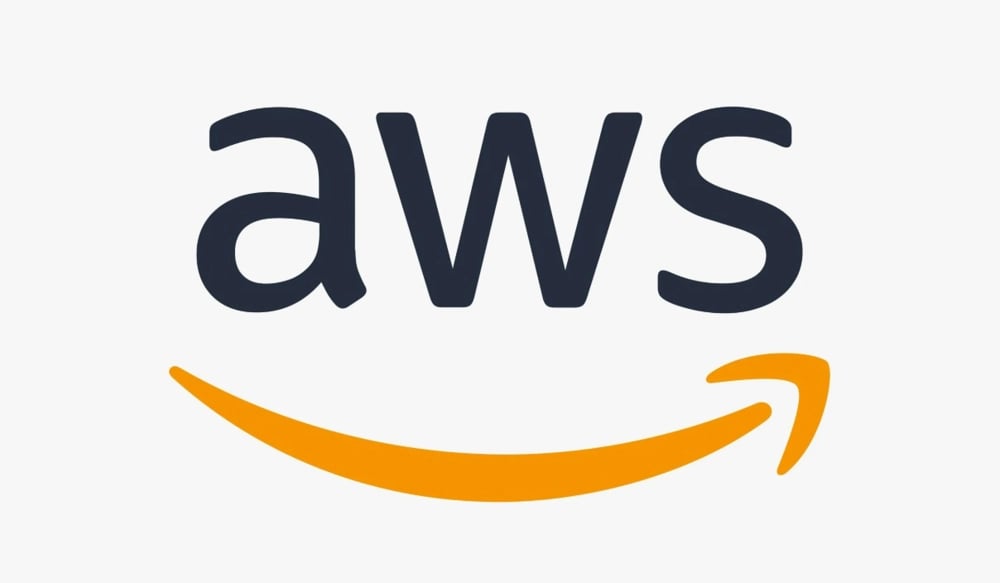AWS Rethinks Bedrock AI to Close Flexibility Gap
Amazon Web Services $AMZN is preparing a major update to its Bedrock platform, aiming to lift restrictions on third-party model integration. The move is designed to allow enterprises to deploy AI agents using models from external providers, most notably OpenAI and Google $GOOG, without migrating off AWS infrastructure. Until now, Bedrock supported only a narrow range of models, limiting its appeal in a market where interoperability is critical. Many enterprises already rely on AWS compute resources but prefer model ecosystems developed outside Amazon. This fragmentation has become a structural barrier.
Competitive Deficit vs. Google and Microsoft
Rivals Google Cloud and Microsoft Azure $MSFT have embraced a model-agnostic approach, giving clients the ability to choose between proprietary and external generative models. Microsoft’s OpenAI partnership and Google’s Vertex AI offering have enabled rapid adoption across sectors. AWS, by contrast, has prioritized platform control over flexibility—a position that has begun to erode its relevance in enterprise AI.

Client Priorities in Hybrid AI Deployments
The demand from AWS clients is clear: retain existing infrastructure while gaining access to the most effective models available—regardless of vendor. The updated Bedrock runtime is expected to simplify orchestration across AI ecosystems and reduce reliance on manual integration.
Typical client expectations include:
Support for OpenAI, Anthropic, or DeepMind models;
Frictionless deployment across AWS-native and external environments;
Lower operational complexity;
Consolidated governance and compliance tracking;
Faster scaling of inference and training workloads.
These requirements reflect a shift from monocloud to multi-model, modular AI strategies.

Strategic Significance for AWS
Opening Bedrock to external models represents a material pivot for AWS, signaling a move toward client-centric infrastructure over ecosystem lock-in. The update reflects Amazon’s recognition that platform defensibility now depends on integration, not isolation. If successful, this shift could restore competitive parity, especially among enterprise clients increasingly sensitive to vendor constraints and long-term cloud costs.
By supporting broader model choice and reducing cross-cloud friction, AWS positions Bedrock as a more versatile AI foundation. Execution remains key: latency, security, and scalability must match or exceed rival offerings. If achieved, this update could redefine AWS's relevance in the evolving AI platform race.















Comments
Opening Bedrock to third-party AI models might finally bridge the gap for a more seamless enterprise AI experience.
AWS expanding Bedrock's capabilities is a bold move that could redefine how enterprises integrate diverse AI models.